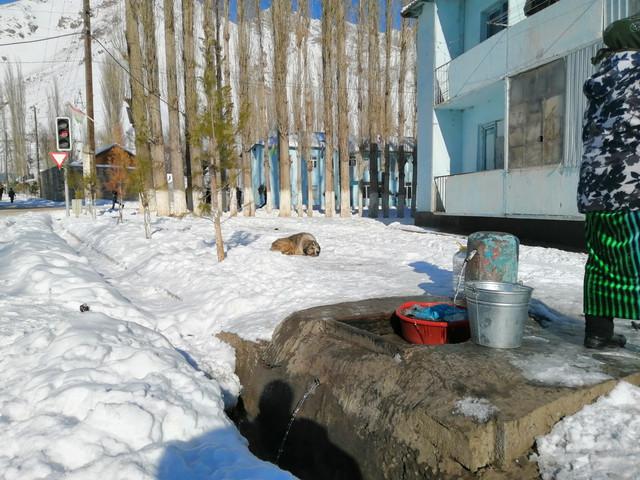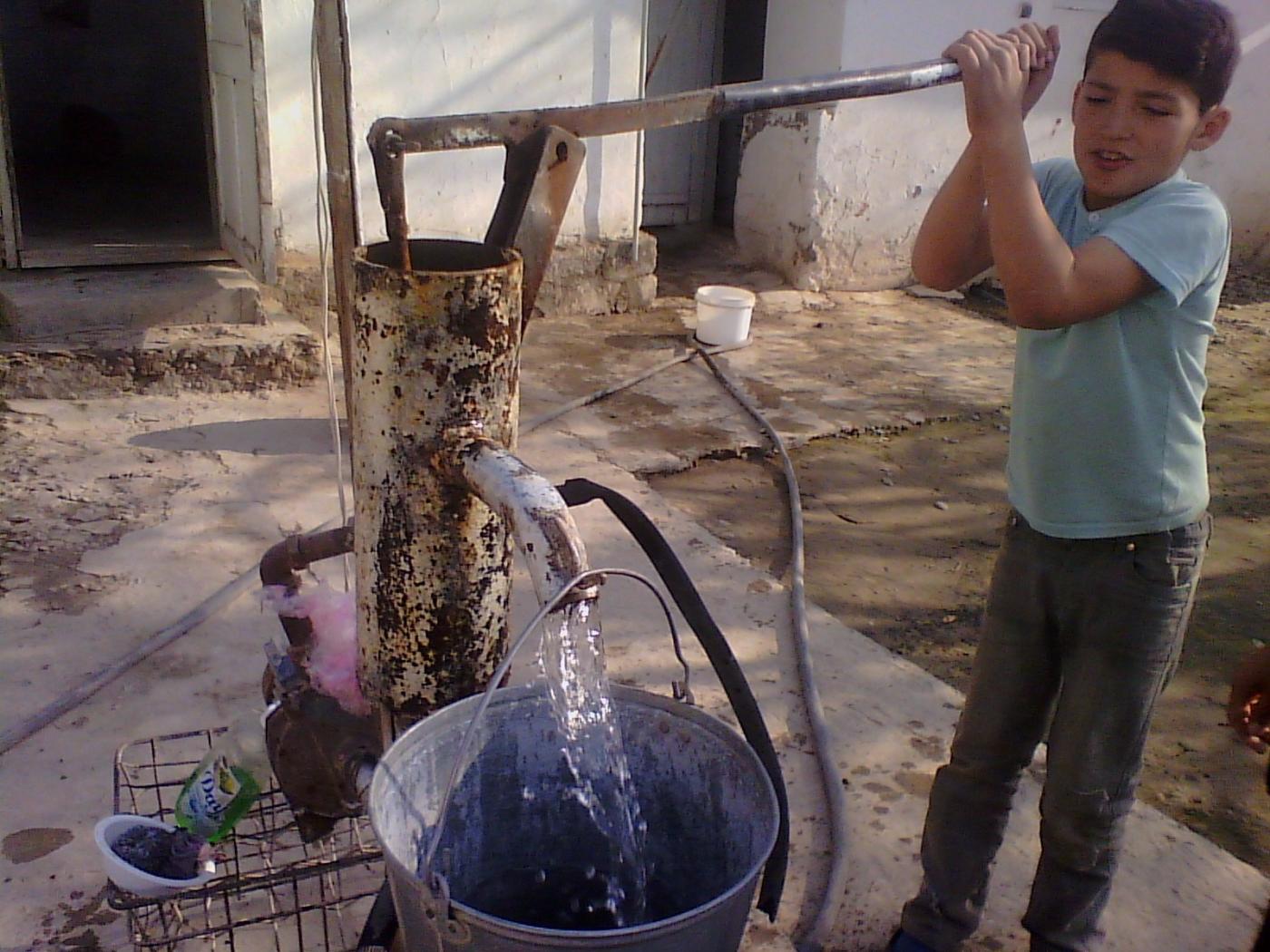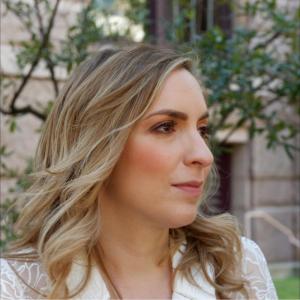On New Year's Eve 2019, Tayyba Safarova, a resident of Somoniyon, Tajikistan, a small village along the Kyrgyzstan border, went to collect water for her family. On route, she was shot dead.
The shot was fired from the house of a resident in the village of Kok-Tash Batken, on the Kyrgyzstan side of the border, according to a spokesperson for the local mayor's office.
No one has been arrested in Safarova's death, but locals like Umedi Jahon believe she lost her life because of ongoing conflict over water access between the neighbouring villages. Many Tajik residents lack proper access to clean water. They, like Safarova, travel great lengths – even crossing borders each day – to collect the water they need for cooking and cleaning.
While tensions over water access have existed for a while, Safarova's murder has made many Tajik women in Somoniyon anxious. "I am very afraid to go outside," said one female villager on condition of anonymity. "I'm afraid they are about to shoot at me from the other side. But I must go out – since there is no running water in the house."
Water rich country
What makes the death of this young woman – and the fear that has followed – so concerning is that Tajikistan is a water rich country. Sometimes referred to as the "House of Water," the country accounts for about 60% of Central Asia's water resources. According to the Tajik Ministry of Energy and Water Resources, the country is home to some 1,300 lakes and over 900 natural rivers and streams. Tajik geographer Mukhabbatov Kholnazar notes this is particularly remarkable given that the country only occupies 11% of the territory in the entire region.
Yet despite this natural water wealth, according to a 2018 UN study, Tajikistan ranks 156th among 177 countries in the world in terms of its population's access to drinking water. Marufjon Abdujabborov, a researcher of the Center for Strategic Studies of Tajikistan, says that the country ranks so low because only 51.4% of the population of Tajikistan have access to clean drinking water. And while urban residents fare better than their rural counterparts, the problem persists across the country.
An unprecedented investigation into the reasons behind this simultaneous scarcity and abundance in the House of Water, this story shows that women and girls often pay the biggest price for this lack of access to clean water. It also lays bare the multiple reasons for the lack of change despite Tajik President Emomali's assertion in 2016 that $1.7 billion had been invested in improving the situation and the infusion from international donors of hundreds of millions of dollars allocated to address the problem.
This story is part of the H2O Fail investigation series of the Center for Collaborative Investigative Journalism. Journalismfund supported one other story in this series: Coca-Cola and Cape Town’s Sweetheart Day Zero deal.




